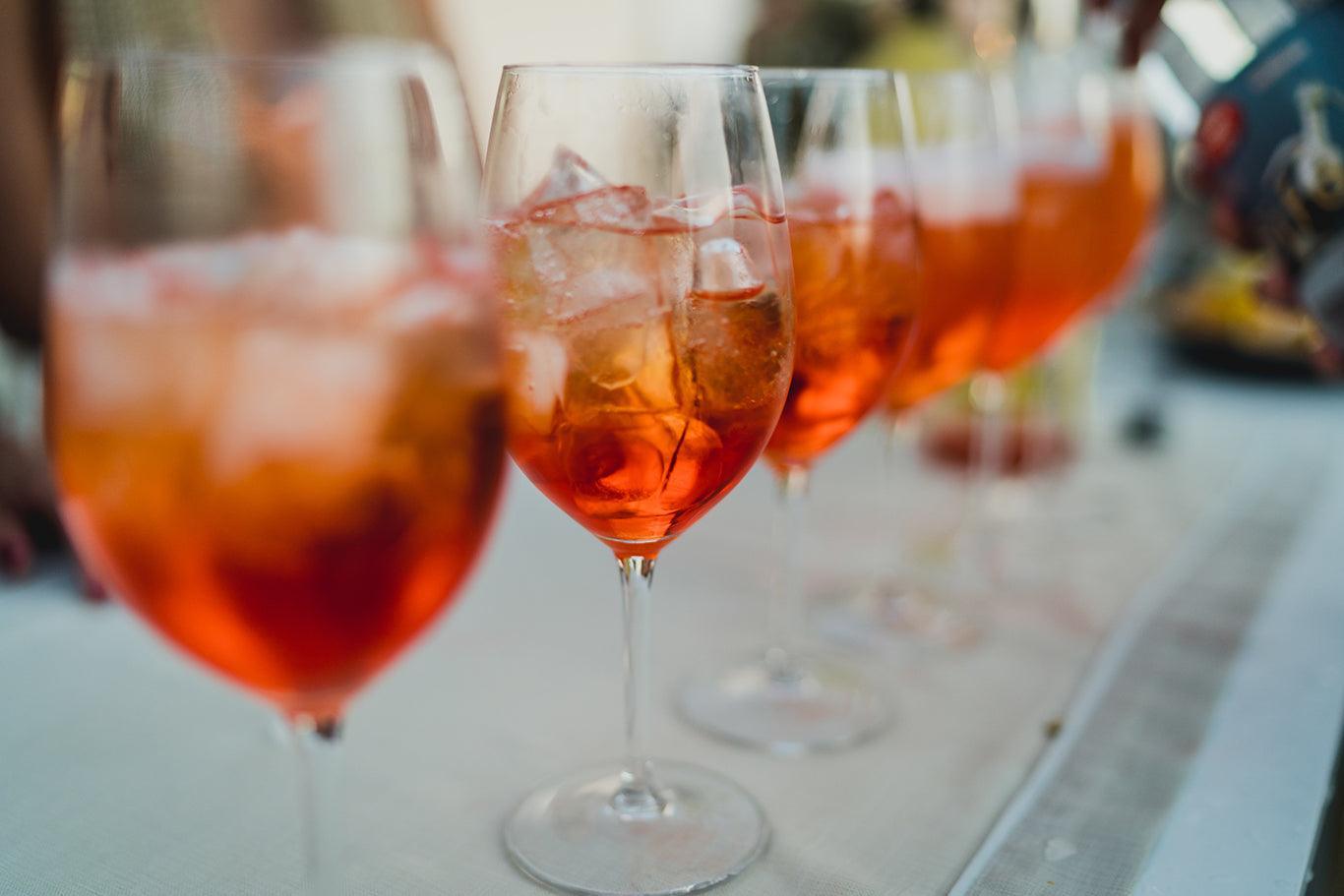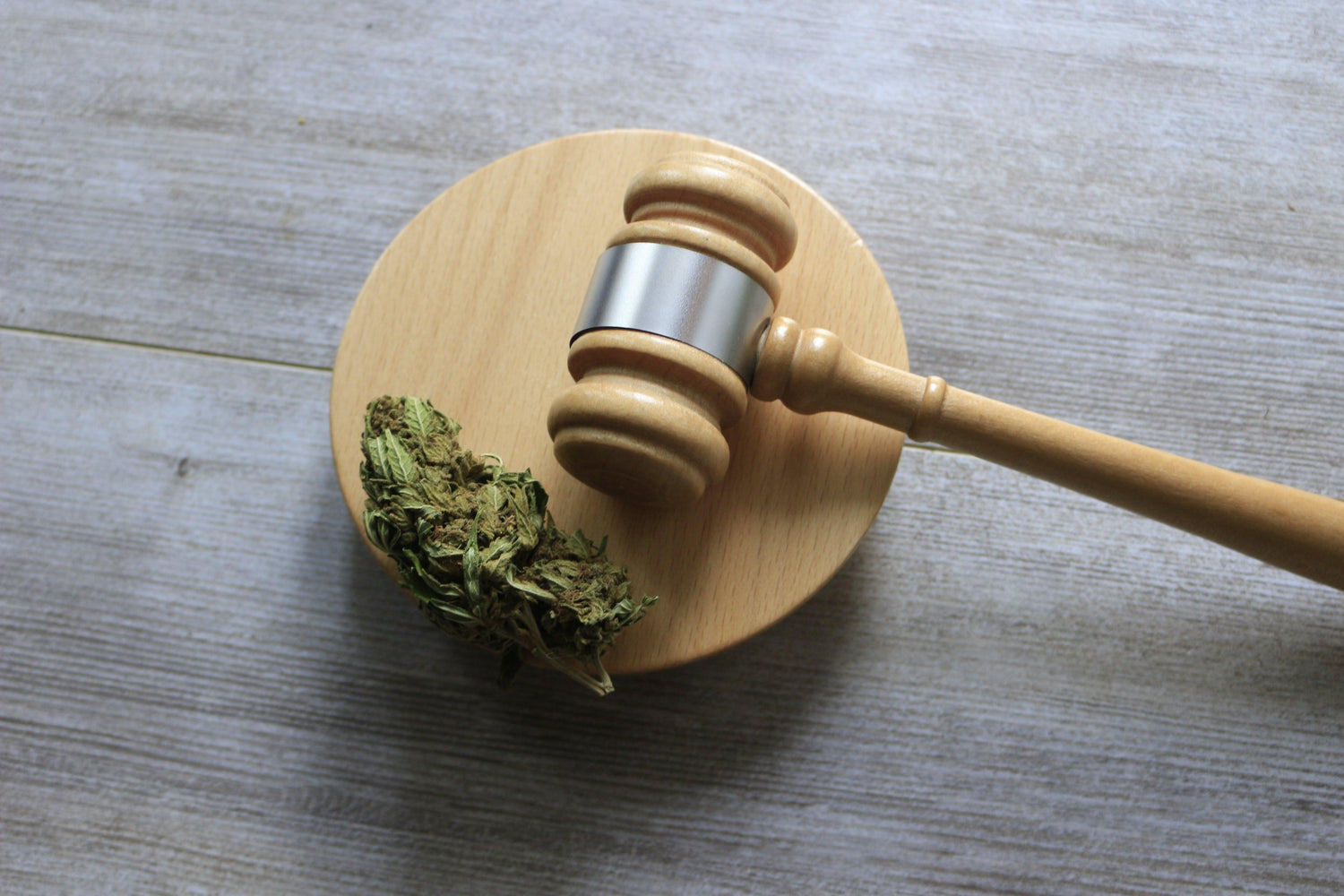Research on cannabis in the therapeutic field is becoming increasingly broad, as its fields of application are becoming increasingly broad. In Italy there are only 5 cannabis-based drugs on the market , each containing a different percentage of the different active molecules, and they are mainly used to control nausea, vomiting and appetite in patients undergoing chemotherapy. Alongside this use, well documented in the scientific literature, there are some studies on the advantages of using cannabis in the control of chronic pain , such as the control of muscle spasms in people suffering from multiple sclerosis. Beyond these applications, however, in our country cannabis for therapeutic purposes is not yet widespread as in other countries, one above all the United States. In this article we will address:
- Cannabis for therapeutic purposes: the legislation
- New frontiers in the use of therapeutic cannabis
- The potential of cannabis in the treatment of alcoholism
- Cannabis and marijuana: substances compared
Cannabis for therapeutic purposes: the legislation
The ministerial decree of 9 November 2015 regulates the use of cannabis for therapeutic purposes, but it was not the first legislative act aimed at achieving this objective . For 10 years in Italy, doctors have been able to prescribe preparations containing active vegetal cannabis-based substances for medical use, to be prepared in designated facilities. As already provided for by the Consolidated Law on Drugs 309 of 1990, the substance can be cultivated with the authorization of an ad hoc national body.
Medical cannabis contains THC and CBD in high percentages; the THC level ranges from 7% to 22% and causes a very different effect compared to that of light cannabis. In fact, if light cannabis induces a generalized sense of relaxation, promoting sleep, therapeutic cannabis has a much less mild impact on the body. The therapeutic value of the plant seems linked to the way our brain works: the human body already has an endocannabinoid system , made up of receptors that open and close, regulating the psychological state, the immune system and much more.
When the receptors remain closed due to a "malfunction" linked to a pathology, plant cannabinoids can be used to regulate nervous signals and restore the balance distorted by the disease.
Medical cannabis can be purchased in authorized dispensaries , only upon medical prescription. Since 2007 it has been possible to import medicines containing therapeutic cannabis such as Bedrocan, Bediol, Bedrobinol, Bedrolite, Bedica and Sativex.
Following an agreement between the Ministries of Health and Defense in September 2014, the inflorescences for galenic preparations can be produced in the Military Chemical Pharmaceutical Plant in Florence. Where, after an experimental phase of a couple of years, a cannabis genetic called FM2 is cultivated.

New frontiers in the use of therapeutic cannabis
Medical marijuana can be used to combat many other ailments, in addition to those for which it is already used. The American researcher Sabina Subbaraman , of the Alcohol Research Group of California, carried out an analysis of the scientific literature regarding alcoholism and possible substitution therapies, and wondered whether the use of cannabis could be a way to combat alcoholism .
There are many studies on the nature of the substances considered valid in the treatment of alcoholism. Currently, to be used for these purposes, a substance must meet seven parameters.
It must reduce alcohol use and related harm. It must be less harmful than alcohol . It should be less addictive than alcohol . It should be demonstrated that its use is as a substitute for alcohol . Its overdose must be less risky than that of alcohol. No where to enhance the effects of alcohol . It must offer significant health benefits to the patient.
The potential of cannabis in the treatment of alcoholism
Researcher Sabina Subbaraman analyzed the potential of cannabis as a replacement therapy based on these seven characteristics. Concluding that all criteria were satisfied or partially satisfied with the exception of the sixth, as taking cannabis together with alcohol enhances the effects of the latter .
According to the study, other factors remain to be verified, in particular it must be ascertained whether cannabis can really represent a sufficient substitute to counteract the need to consume alcohol in the most serious cases of addiction. However, according to the Alcohol Research Group researcher, the potential emerging from this first analysis should convince medical researchers to study in depth the possible applications of this substance in the sector.
A recent study from the University of British Columbia , in Vancouver, states that approximately 50% of medical cannabis users have voluntarily requested the use of medicinal cannabis for the purpose of substituting weed for alcohol . This is a very important fact, because it is symptomatic of the fact that the legalization of cannabis could, on its own, lead to a reduction in alcohol abuse, and even contribute to strengthening risk prevention strategies.
It is also important data for another reason: in an article published in the "Journal of Neuroscience" it is stated that cannabis works as a neuroprotective shield against the damage already caused by alcohol in the brainstem. In fact, alcohol upsets the natural neurochemical balance of the brain, increasing dopamine and gamma-aminobutyric acid. It also has another effect that could be reduced by the use of cannabis: alcohol in fact seriously reduces the activity of CB1 receptors , decreasing the concentration of endocannabinoids in the body; However, the balance can be re-established thanks to CBD.
CBD is also important in another way. Alcohol addiction is based above all on the alteration of the so-called "reward structures" . The excessive consumer of alcohol knows that that one too many drinks is harming him, but when the urge presents itself, his brain silences the instinct of self-preservation and the addiction takes over.
CBD stimulates CB1 receptors , acting as a "substitute" to partially restore the neural mediation that has been lost due to the decrease in endocannabinoids.

Cannabis and Marijuana: substances compared
It is strange to think of fighting one addictive substance with another addictive substance; yet alcohol and marijuana have very different effects on the body and on the "social danger" of those who take them.
- Deaths related to the use of substances: in 2016, more than 8 million people died worldwide from alcohol-related causes , while there were no documented deaths due to the use of marijuana alone. A 16-year study of more than 65,000 Americans published in the American Journal of Public Health found that healthy marijuana users were no more likely to die early than healthy men and women who did not smoke cannabis. .
- Marijuana is less addictive than alcohol. About half of all adults have tried marijuana at least once, making it one of the most used illegal substances; only a very small percentage of these people became addicted to it.
A 2014 study, conducted on over 8,000 people between the ages of 15 and 64, identified a series of behaviors linked to drug use. Of those who had tried marijuana at least once, “only” 9% received a diagnosis of addiction, while for alcohol the figure rose to around 15%.
- Both substances cause driving problems, but alcohol is the worst. A research note published by the National Highway Traffic Safety Administration concluded that having a detectable amount of THC in the blood does not increase the risk of traffic accidents. While a blood alcohol level of 0.05% or higher increases the chances of causing a crash by 575%.
However, the combination of the two substances amplifies their individual effects, also increasing the risks associated with driving safely. In any case, it is best not to drive if you are not completely sober.
If the article was of interest to you, share it on social media with the rest of the Community, every single share helps us support our blog and keep you 360° informed on the world of Cannabis.
You might also be interested in:








